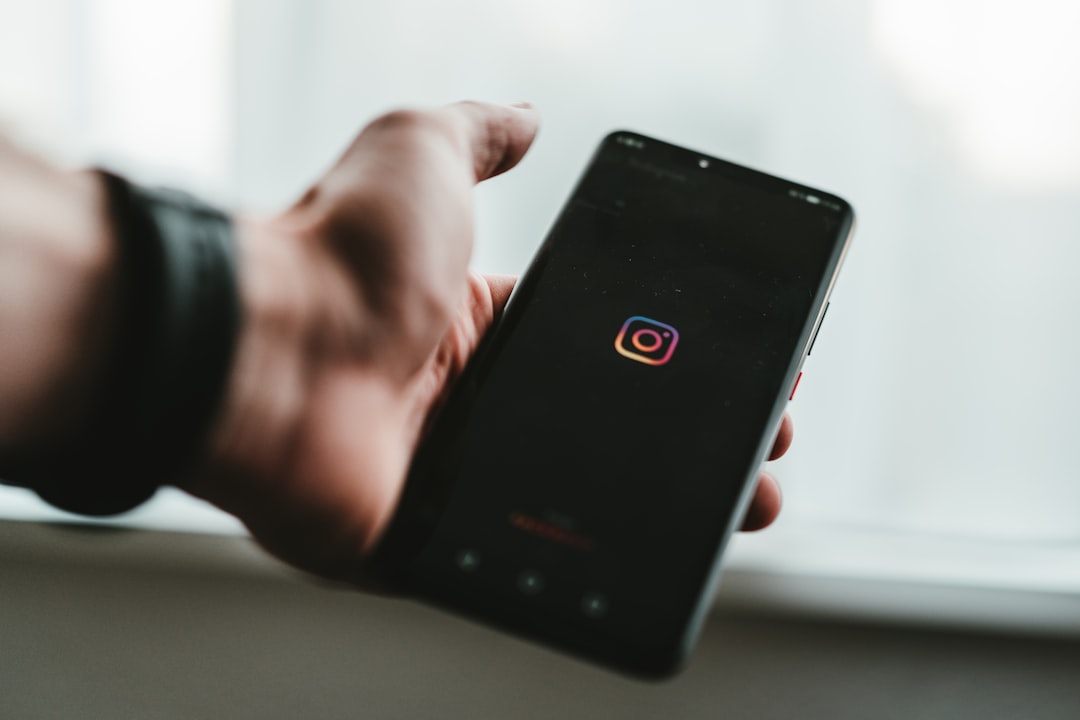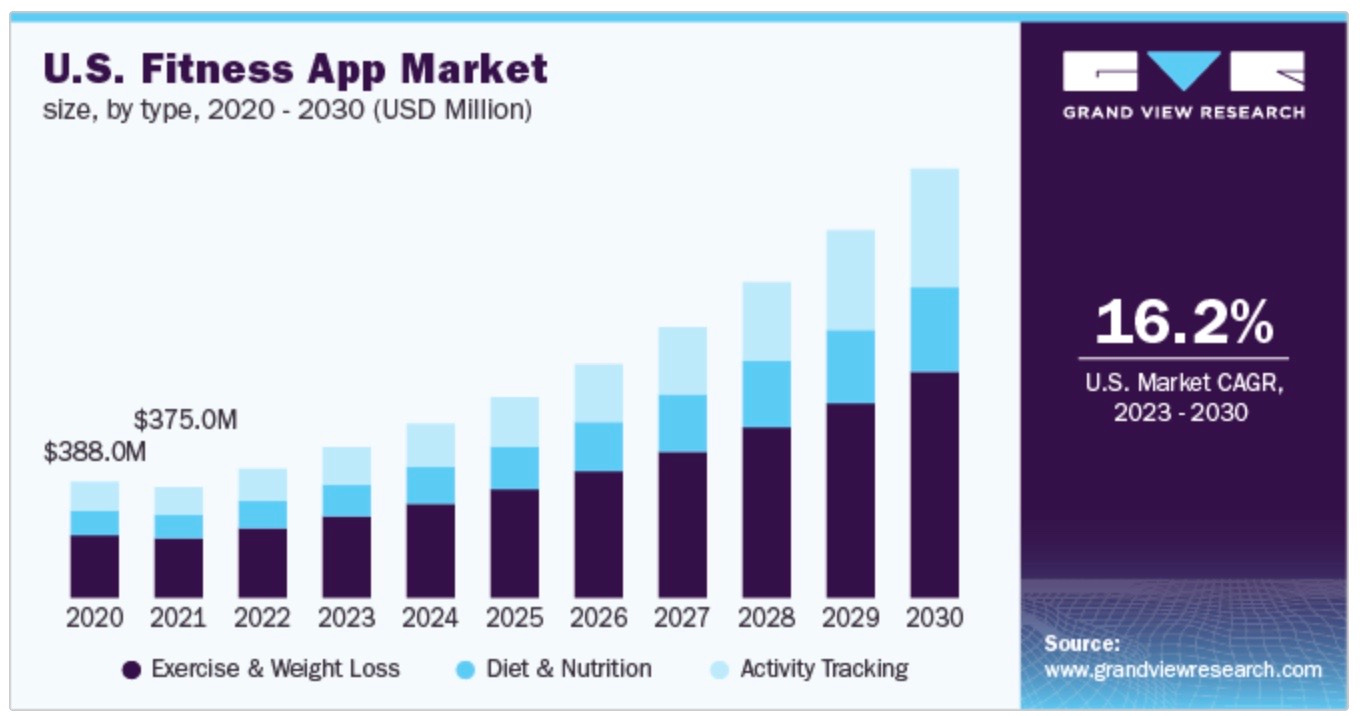Fitness Apps: Friend or Foe?
When it comes to managing our health, fitness apps can help. But they can also spawn unhealthy comparisons.

I have four fitness accountability buddies—two are human beings and the other two are chatbots. Three times a day, my weight loss app checks in to see how many green, yellow and orange foods I’m eating. Twice a day, another app asks me about my alcohol consumption. That’s not counting Fitbit, which measures my step count, heart rate, sleep quality and something called readiness; and MapMyRun, which tracks my mileage, elevation and running routes.
According to research by Morning Consult, two in five U.S. adults now use health apps, up 6 percentage points from 2018. That number is likely to grow exponentially as tech companies make aggressive forays into monitoring everything from heart rhythm to hand-washing. But are these apps friend or foe when it comes to managing our health?
Alex wrote a post on this topic awhile back, but I wanted to share my own experience as well, and personally, I’m conflicted about my heavy reliance on health and fitness tracking. Some days these digital nudges seem like helpful friends who have my best interests at heart. At other times, they just amplify the negative self-talk running through my brain.
Science says the apps work…but there’s a catch…
Objectively, the use of fitness apps appears to be beneficial. A study in the Psychology of Sport and Exercise found that commercial physical activity apps “hold great potential to increase physical activity engagement.” The specific psychological mechanisms identified in the article include “social support, self-efficacy, intrinsic motivation and identified regulation.” Some of these terms call to mind concepts found in Cognitive Behavioral Therapy (CBT)—a powerful form of therapy that has demonstrated effectiveness in treating a wide range of psychological issues.
In my own experience, I’ve found that where these apps rely on concepts from CBT, they can be useful in building my confidence, “self-efficacy” (belief in myself) and motivation. The dark side of the equation is when they breed a sense of inadequacy, comparison or the dreaded “all-or-nothing thinking,” that says, “well, I blew my calorie budget today…might as well just have the whole bag of fake health-food snacks.”
Research bears this out, too. In the study noted above, sharing results from the app tracking in social networks led to higher engagement…except when they spawned unhealthy comparisons.
“Specifically, sharing posts was linked to higher engagement in physical activity via positive associations with self-efficacy, and receiving encouragement with linked to higher engagement in physical activity via positive associations with both self-efficacy and identified regulation. In addition, engagement in comparisons was associated with lower self-efficacy and higher external regulation, and in turn, lower physical activity.”
Apps no replacement for real fitness friends
Thinking about the idea of sharing posts took me back to my earliest days of fitness tracking. Soon after I started running in the early aughts, I had my Nike+ running app programmed to auto-post to Facebook (back then, it was a physical chip that I had to weave into my shoelaces). I found it incredibly motivating when my friends would comment on my then-new running endeavors. However, I eventually started to wonder whether my friends also found it incredibly annoying (they did), and so I shut that down in favor of sharing only major milestones with a smaller group of friends.
For me, the jury is still out on the efficacy of digital health and fitness tracking apps. What I do know is that they will never take the place of my actual fitness buddies, who share the important quality of being human beings. My IRL accountability buddies aren’t always perfect, they have good and bad days and sometimes lack motivation. In short, they are just like me, and that’s something AI can never replace.



Good questions. You’ve made me think. I am fairly tech driven for fitness but for me it has changed my identity. I am a now just a consistent health and fitness person. I don’t obsess about goals - just about about the daily habits and tech is the foundation. Works for me.